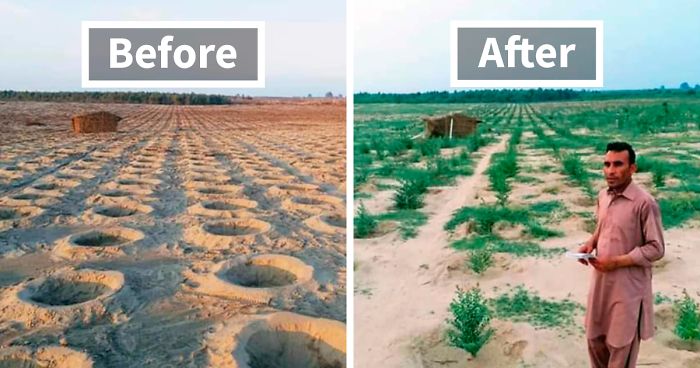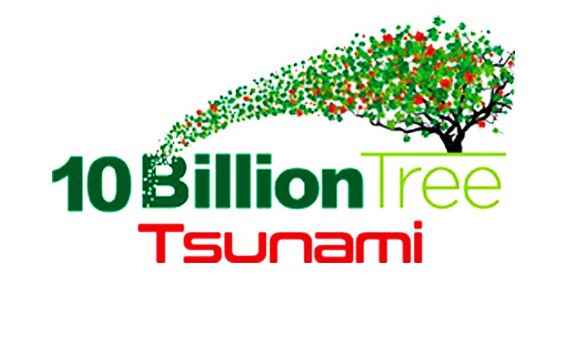Pakistan’s Billion Tree Tsunami: Leading One of the World’s Largest Reforestation Programs
Pakistan’s arid climate and rocky deserts may seem unlikely places for a green revolution. Yet, the nation of over 200 million people has launched one of the world’s largest reforestation efforts: the Billion Tree Tsunami.
Launched in 2014 by the government of Khyber Pakhtunkhwa (KPK), the initiative addresses the urgent challenge of global warming. The program has restored 350,000 hectares of forests and degraded land, surpassing Pakistan’s commitment to the Bonn Challenge, a global effort to restore deforested and degraded lands.
Currently, Pakistan is in the first phase of planting 3.25 billion trees, with an estimated cost of around Rs 105 billion ($650 million), according to Malik Amin Aslam, Pakistan’s Minister for Climate Change. Former Prime Minister Imran Khan aimed to extend the project to nearly 10 billion trees by 2023.
The challenge is massive. Pakistan ranks among the six countries most affected by climate change, facing floods, melting glaciers, and droughts. Its forest cover is only 5%, far below the global average of 31%, according to the UN’s Food and Agriculture Organization (FAO).
“Unfortunately, we never cared about our forests,” Khan said at a tree-planting ceremony. “After independence, we lost forests instead of adding to them.”
The government is planting drought-resistant species such as Azadirachta indica, commonly known as the neem tree, which requires minimal water after the first five years. Other selected species need watering only for the first few months, explained Tabish Hussain, a government-employed forester in Karachi.

International attention has also highlighted the program. During his visit to Pakistan, Saudi Crown Prince Mohammed bin Salman participated in tree planting at the Prime Minister House. On August 9, Khan urged citizens nationwide to plant trees, aiming for 3.5 million trees in a single day.
Despite these efforts, Pakistan continues to rely heavily on coal, producing 20% of its electricity from fossil fuels, while only 3% comes from solar and wind energy. The government targets 30% renewable energy by 2030.
Beyond environmental benefits, the Billion Tree Tsunami has generated thousands of jobs in a country struggling with unemployment. “I am hopeful that we can save our nation,” Khan said. “We are blessed with natural resources; we just need to take care of them.”it.”

